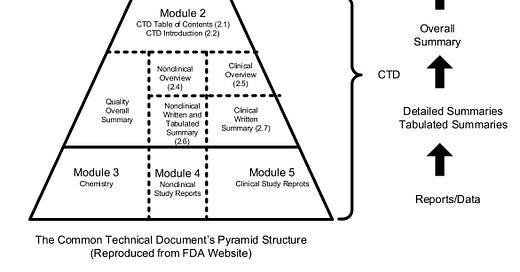MHRA confirms that hospital pharmacies can manufacture, transport and store gene therapy products, and the Care Quality Commission will be responsible, not MHRA
What!!! Yes, it's true, read all about it...
Delighted to report there has been a breakthrough with MHRA
This morning, I received this email from Ian Rees, Manager, Inspectorate Strategy and Innovation Unit”
“Dear Hedley
Many thanks, I had a good break.
Thank you for your reply and I can confirm that I have passed this information on to the Directorate.
To resolve this matter, we now need to have a call with you – please let me know what dates and time are suitable for you and I will send a Team invitation.
Regards
Ian”
This is the latest email exchange over my FOI request outlined below:
This is the FOI request.
The email from Ian was in response to my email the day before, see below:
“Dear Ian,
Yes, the break was welcome, hope you enjoyed yours too.
The answer below is very helpful, albeit it does not address the majority of the questions posed [in the FOI]. In spite of that, it has allowed me to establish that any ATMP approved by MHRA under the changed regulations, has the potential to be misbranded. The logic is this. The application f…




